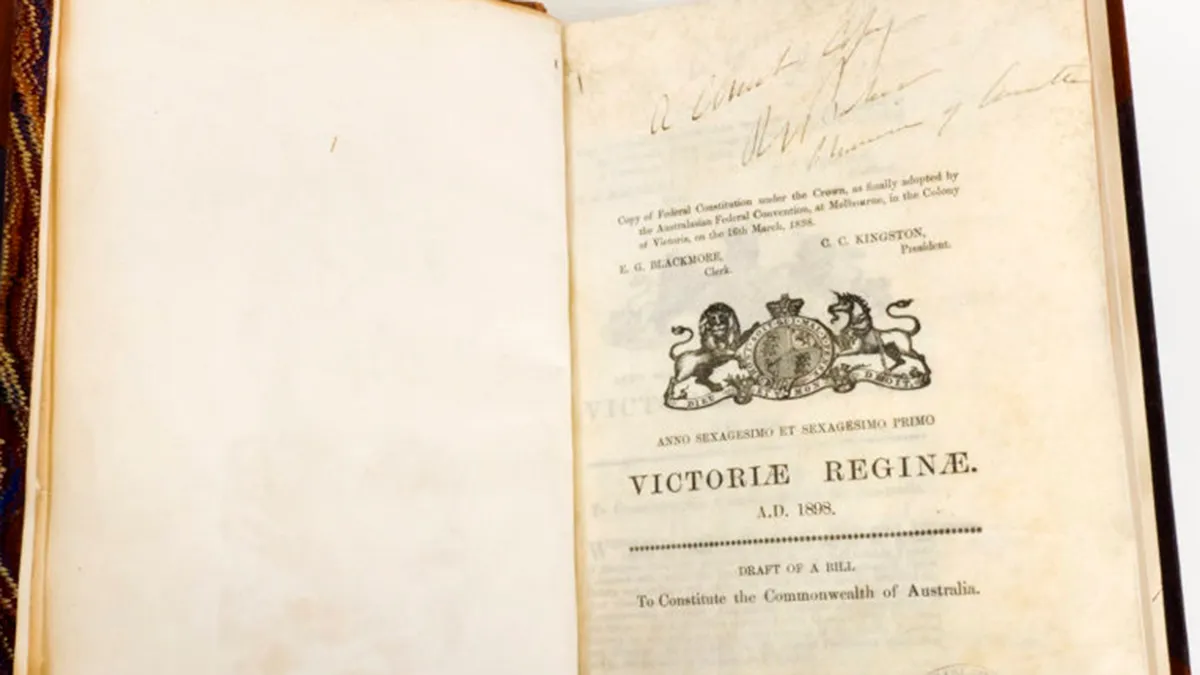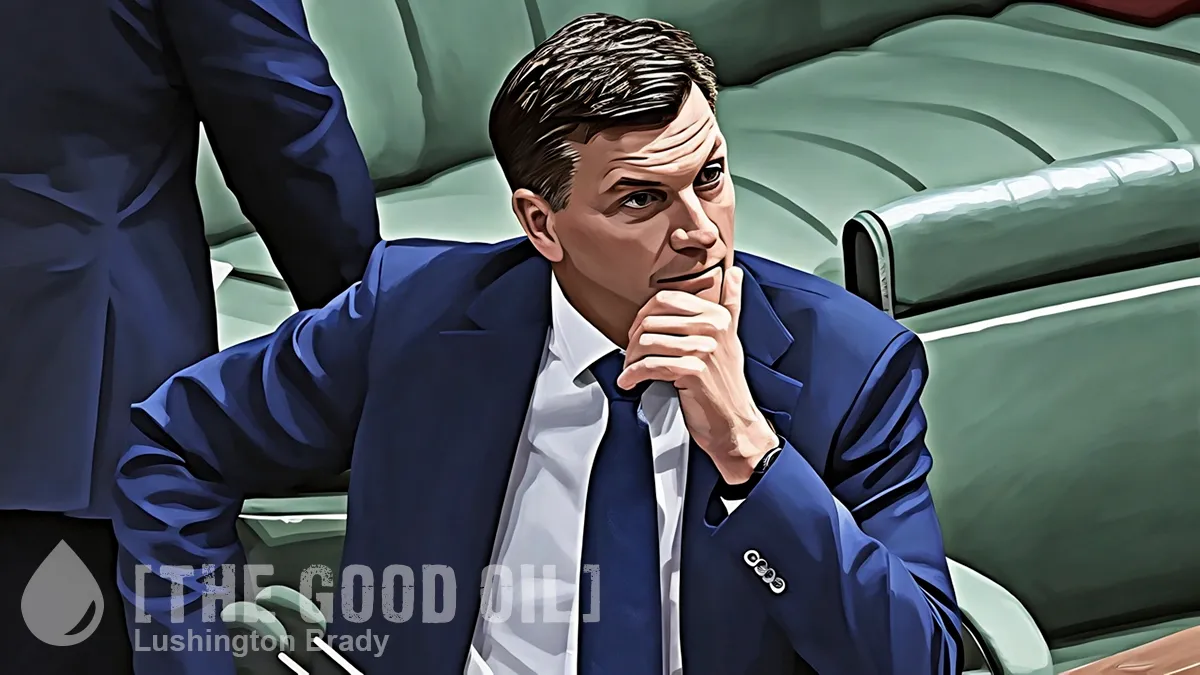Table of Contents
West Australia’s McGowan Labor government may be patting themselves on the back for apparently heading off Big, Bad Clive Palmer at the legislative pass on one front, but they can’t legislate away the Constitution. Palmer may have lost his bid for compensation over his Balmoral South iron ore mine – for the time being – but he’s won the first round of his fight against WA’s border closures.
The WA government has lost its bid for a fresh trial in its border battle with mining billionaire Clive Palmer, following a ruling by the Federal Court.
At issue is Section 92 of the Australian Constitution, which states that “On the imposition of uniform duties of customs, trade, commerce, and intercourse among the States, whether by means of internal carriage or ocean navigation, shall be absolutely free”. Palmer, who was barred from entering WA to conduct his business there, argues that WA closing its borders to try and keep out the Wuhan virus (ask New Zealanders how well that works) breaches Section 92.
[Palmer] argued the border closure breached section 92 of the constitution, which requires that “commerce and intercourse among states … shall be absolutely free”.
But the WA government argued that closing the border was necessary to protect the health of West Australians.
The Court has had to deal with Section 92 challenges before. In a landmark case, Cole v Whitfield, the Court argued that “absolutely free” did not mean absolutely no restrictions. But it has also repeatedly ruled that restrictions must be valid and necessary to protect the people of a state from the risk of injury.
WA and other states are arguing that that is indeed the case with COVID-19. But, even though the Federal Court seems to have accepted the effectiveness of the restrictions, it has still awarded the match to Palmer, who is now free to take his case to the High Court.
The matter was sent to the Federal Court to determine key facts of the case, including the health risk posed by COVID-19 and whether border closures were the most effective measure to contain its spread.
It will now go on to the High Court where constitutional issues will be considered.
During a four-day hearing in late July, the court heard testimony from a range of epidemiological experts.
The case is also exposing the Morrison government’s timidity.
As is usual for constitutional matters, the Commonwealth was initially a party to the case, with its Solicitor-General Stephen Donaghue arguing against the border closure in the court hearings.
Prime Minister Scott Morrison even went so far as to say it was “highly likely” WA would lose the case with its “all-or-nothing approach” to the border closure.
But after the Federal Court hearings concluded, the Commonwealth changed its mind and withdrew from the case.
In the grip of feverish, WuFlu-induced panic, public opinion in WA appears to be solidly behind the state government, Constitutional rights be buggered. Looking ahead to the 2022 election, the Morrison government is terrified of losing the wave of support in WA which helped its landslide victory in 2019.
Morrison is putting political prudence ahead of Constitutional principle.
Now, it just remains to be seen whether the High Court decides that the big, bad Wuhan bogeyman is sufficient threat to override Australians’ right to free movement in their own country.
If you enjoyed this BFD article please consider sharing it with your friends.









